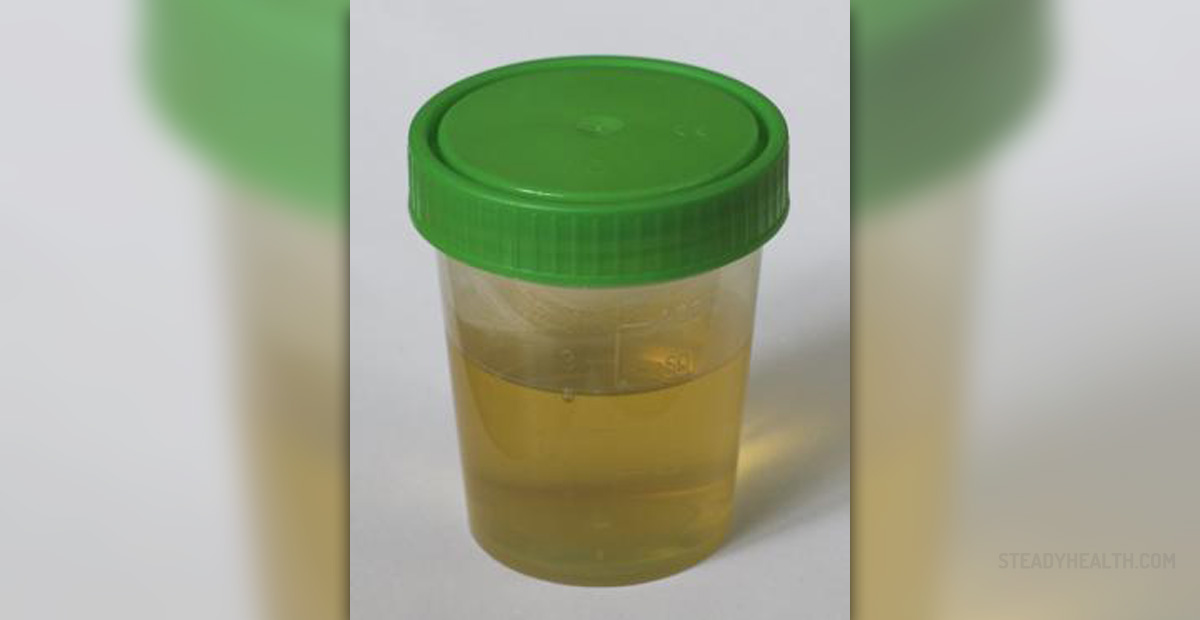
Introduction to difficulty urinating
Difficulty urinating is a common problem among men — especially past middle age — and is generally associated with illnesses of the prostate gland. However, difficulty urinating may also affect women. When a person finds it hard to start urinating or to keep their flow going, this is medically called "urinary hesitancy". In time, urinary hesitancy can even result in "urinary retention", when a person isn't able to urinate at all.
The problem of difficult urination is bothersome and can cause a lot of worry.
In some cases, a person feels an urge to urinate even though there is no urine in the bladder (the bladder is empty).
Apart from difficulty urinating a person may additionally complain about decreased force of urinary stream, pain or a burning sensation during urination, sexual dysfunction and discomfort/ pain in the lower abdomen. The pain can be also located in the lower part of the back, in the groin area, rectum or perineum.
What causes difficulty urinating in the morning?
In many cases, difficulty urinating in the morning affects older men and is associated with benign prostatic hyperplasia. The prostate is a male gland located below the bladder. It is essential for the production of the fluid that carries sperm cells during the process of ejaculation. The prostate tends to enlarge with age, and may narrow the urethra, leading to urinary hesitancy. Apart from difficulty urinating in the morning, patients suffering from benign prostatic hyperplasia also complain about a weak urine stream, painful urination and dribbling at the end of micturition.
Another cause of difficulty urinating in the morning is also associated with the prostate. Namely, inflammation of the prostate gland (prostatitis) may cause problems with urinating. This can be easily explained with an inflammation and swelling of the gland that consequently narrows the urethra. Prostatitis is commonly associated with drinking too much alcohol, (contact) sports such as biking or horse-riding, eating excessively spicy foods often, or consuming too much caffeine.
Difficulty urinating in the morning may be only one among many characteristics of a urinary tract infection, which is often seen as a female problem, but men get UTIs, too. A urinary tract infection is caused by bacteria (such as Escherichia coli, among many others) and the resulting problems with peeing usually take the form of feeling a frequent urge to urinate, though there is no urine in the bladder. The increased impulse to urinate associated with UTIs is a consequence of bladder irritation, and you probably know burning sensations are another common symptom.
Another cause of difficulty urinating in the morning — or any time of the day, for that matter — is the intake of certain medications. Some cold remedies, nasal decongestants, tricyclic antidepressants, and anticholinergics may cause problems with peeing and difficulty urinating in the morning. People who recently began taking a new medication and now have problems going to the bathroom should speak to their prescribing doctor to find out if their new drugs could be the cause.
- medlineplus.gov/ency/article/003143.htm
- www.nhs.uk/conditions/prostate-problems/
- Photo courtesy of Polarlys by Wikimedia Commons: commons.wikimedia.org/wiki/File:Urinbecher.jpg





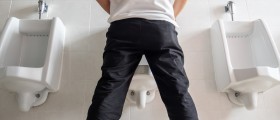


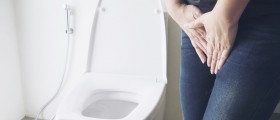
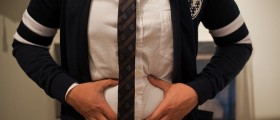


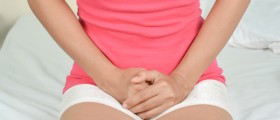
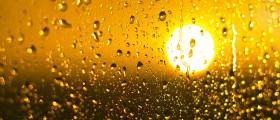

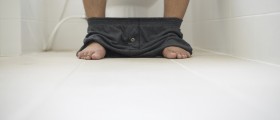

Your thoughts on this
Loading...